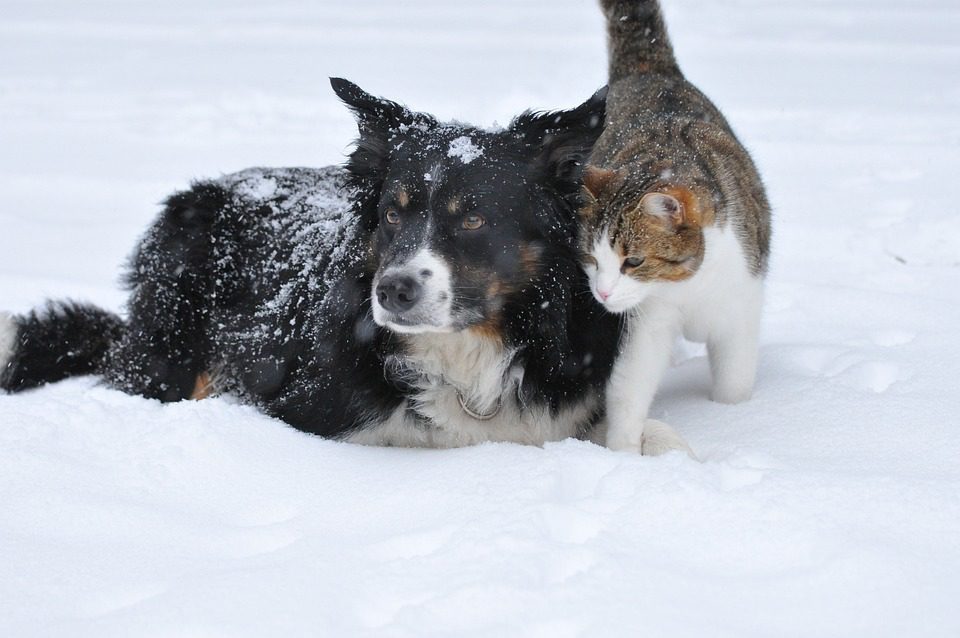Winter – 2023

As we approach the colder months, our attention turns not just to keeping ourselves warm and healthy, but also to ensuring the well-being of our cherished furry companions. Winter can be a challenging time for our pets, with harsh weather conditions and the increased risk of illnesses. We are excited to share with you some essential steps to prepare your cats and dogs for the winter season. These steps are not just about providing comfort, but are crucial for their safety and health. We will delve into practical measures such as providing adequate shelter, protecting their paws and skin, adjusting their food and water intake, and most importantly, boosting their immune systems to combat the seasonal risks. Our goal is to ensure that our pets not only survive but thrive during these cold months, enjoying the season as much as we do.
Keeping pets safe and comfortable during winter months is crucial. Here are three steps to ensure your cat or dog is prepared for winter, along with an additional step focusing on boosting their immune system:
1. Provide Adequate Shelter
– Cats: If your cat is an outdoor cat, ensure they have a warm and dry place to retreat to. This could be a heated cat house or a sheltered spot in your garage. However, the best practice during the colder months is to keep them indoors as much as possible.
– Dogs: While some dogs have thick fur that provides some protection against cold weather, it’s crucial they have a warm, dry place to return to. Dogs that are small or have short fur might benefit from wearing a doggy sweater or coat when they go outside.
2. Protect Paws and Skin:
– Cats: Cats’ paws can become dry or even crack due to the cold. If your cat does venture outside, make sure to wipe their paws when they come back in to remove any ice or snow.
– Dogs: Before going out, consider applying a paw protectant or booties to shield their paws from ice, snow, and de-icing salts. Once they’re back inside, wipe down their paws, legs, and belly to remove any harmful chemicals or ice.
3. Adjust Food and Water Intake:
– Cats & Dogs: Just like humans, pets may require more calories in the winter to help regulate their body temperature. Ensure they have access to fresh, non-frozen water at all times. If your pet spends more time outdoors, consider consulting your vet about potentially increasing their food intake.
4. Boost Their Immune System:
– Cats & Dogs: Maintaining a strong immune system is vital during the winter months when various illnesses can become more prevalent. Ensure your pet is on a balanced diet with high-quality food. Consider adding immune-boosting supplements or foods, such as fish oil or probiotics, after discussing with your veterinarian. Regular check-ups, staying up-to-date on vaccinations, and maintaining a routine deworming schedule also play essential roles in safeguarding their health.
In addition to the steps above, always keep an eye out for signs of discomfort or illness in your pets during the winter. If you notice any behavioral changes or signs of distress, consult with your veterinarian immediately.



